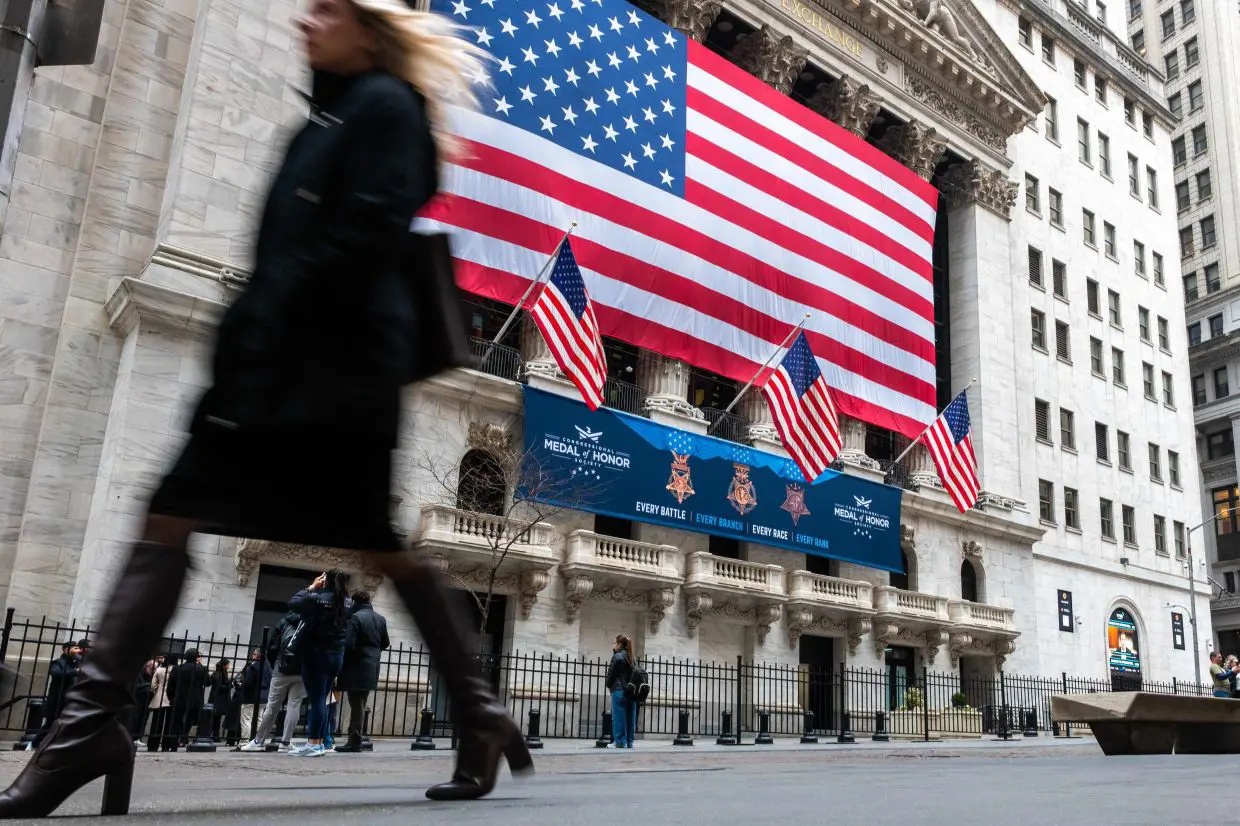A sharp rebound in U.S. equities following the U.S.–China trade truce may force sidelined investors to jump back into the market, Bank of America strategists said.
A survey conducted before the Geneva trade talks revealed fund managers were 38% underweight on U.S. stocks — the most bearish stance in two years. Exposure to the U.S. dollar was also at its lowest since 2006, with 40% planning to hedge against further declines.
Strategist Michael Hartnett noted that this positioning creates a “pain trade” scenario where stocks may climb further, forcing short sellers to cover at a loss. He highlighted that a “no landing” economic outcome would favor U.S. equities, emerging markets, small caps, and energy — but weigh on gold.
The S&P 500 has nearly recovered its 19% drop from earlier this year. Goldman Sachs raised its 12-month target to 6,500, while BBVA sees more room for gains due to low institutional exposure. Meanwhile, UBS downgraded its stock outlook to neutral, citing balanced risk-reward after the recent rebound.
BofA’s poll surveyed 174 investors managing $458 billion in assets.

